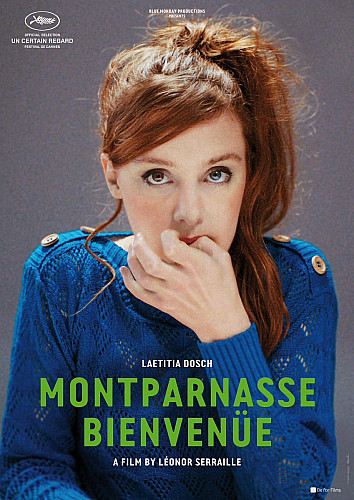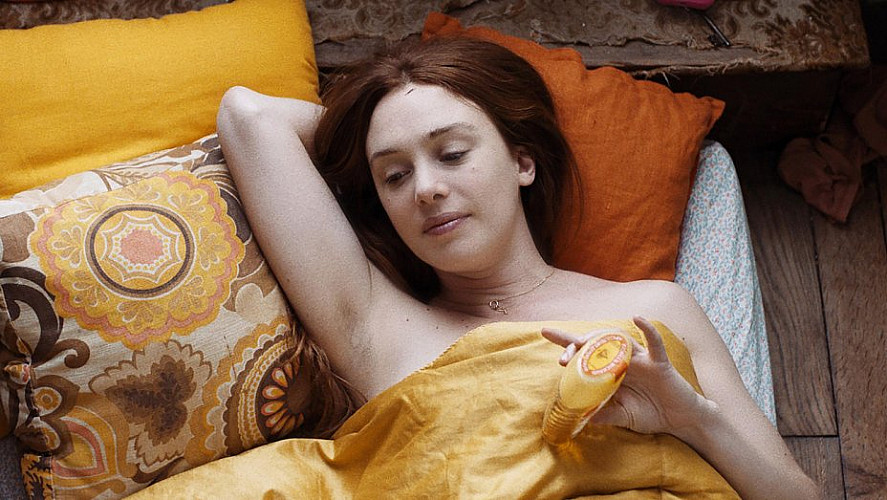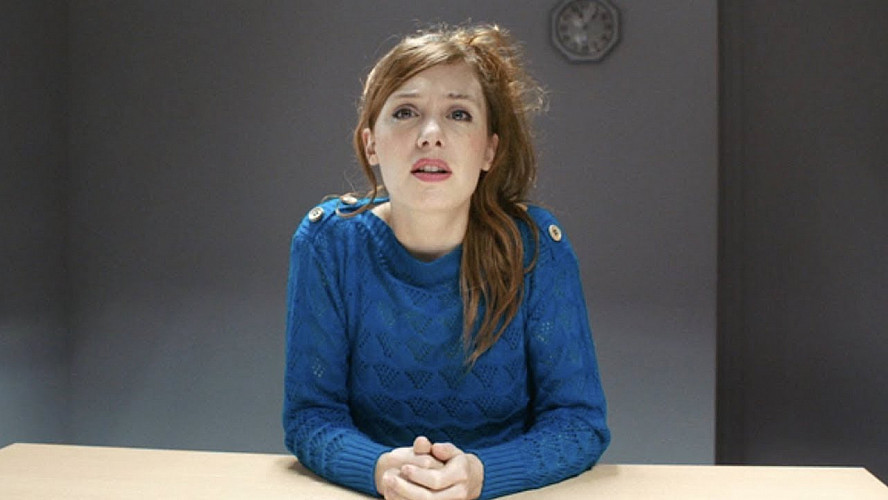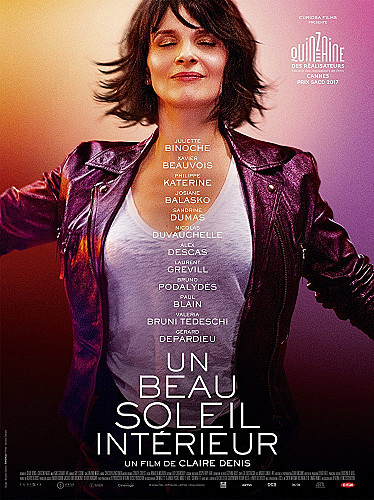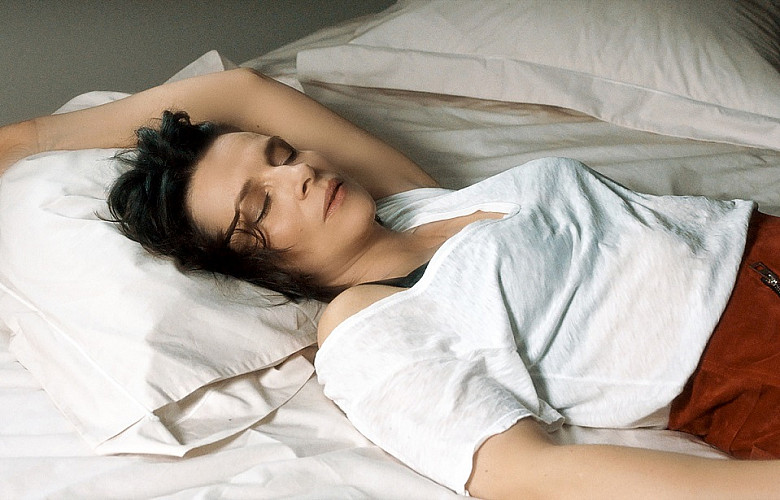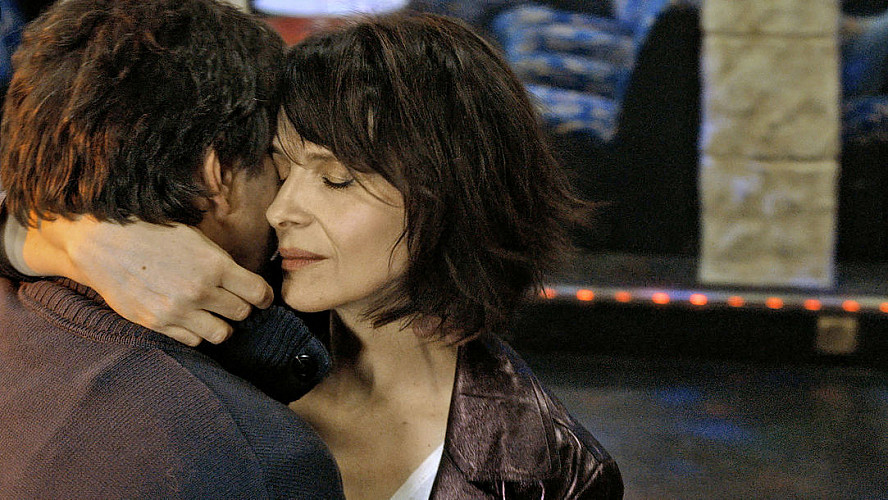A Review Of What We Watched On Day 5 Of MAMI Mumbai Film Festival
Jeunne Femme (Montparnasse Bienvenue)
Country: France
Language: French
Duration: 97 minutes
Director: Leonor Seraille
Cast: Laetitia Dosch, Souleymane Seye Ndiaye, Grégoire Monsaingeon
A beautiful film set in Paris, about a girl (and her cat) being abandoned by her lover and the sort of people they encounter once they set off on their own. Paula, played by Laetitia Dosch, is a pampered, carefree, emotionally sensitive woman, who keeps reinforcing that she is not very intelligent; a fact her former lover Joachim Delouche (Grégoire Monsaingeon) made sure was drummed into her mind. Their relationship lasted ten years. In fact, he catapulted to being popular only after critics lauded a photo he took of her.
We see a disturbed Paula at the doctor’s at the start of the film. She is spitting fire against Delouche and leaves with the assurance of one who has never been forced to spend a cold, rainy day outside. Many things happen to her along the way. She is thrown out of her friend’s house and leaves an acquaintance’s home because he makes advances at her; all in the same night. She even tries leaving her cat at a graveyard so that her pet would have some shelter. Once better sense prevails, Paula looks for a part-time job, gets two and is quite happy for a while. She works as a nanny and a knicker sales assistant. We see her grow up through the film and lose most of her anxiety along the way. What she doesn’t lose is her good humour and it was heartening to see her get a grip on life.
Dosch makes you fall in love with her childish femininity from the start. She has heterochromia — a condition in which both eyes are different colours, which renders a magical quality to her appearance. One is invested in her story even though it seems exactly like that — coming from magic and make-believe. In hindsight, so many unpleasant things happen to her and though she’s shocked, it is taken in her stride and brushed off with humour. We see her forging new relationships, weeding off old ones, and in some cases, rejuvenating friendships. A reconciliation with her mother serves as the final step to Paula starting a new life.
At the end of the film, Paula has a sense of responsibility and purpose. She has also developed an immense amount of self-respect. The last shot has the protagonist shutting the window to her apartment, and to her life. We’d just like to thank her for sharing this journey with us.
Un Beau Soleil Interieur (Bright Sunshine In)
Country: France
Language: French
Duration: 94 minutes
Director: Claire Denis
Cast: Juliette Binoche, Xavier Beauvois, Philippe Katerine
The first twenty minutes were good. We see a woman in her mid-40s looking for love and stumbling across an unpleasant man in the process. So far so good.
Juliette Binoche as the protagonist Isabelle is lovely, independent and sensitive, and her struggles seem real enough to empathise with. Then comes another lover. And then one more. Some men are married, some lie, some are confused, and some are there just for sex. This works for Isabelle too as she settles for sex when she senses that she may not have another date.
Isabelle is designed as a broken, insecure, single mother who works in the field of art. Her only flaw seems to be that she is so desperately seeking love, that she is often blind to deception. She isn’t as chaste herself. As one of her suitors points out, she is just as vile as the men she has dated. The truth is masked under the self-pity. One almost feels that Isabelle has reached a point of no return. She is a happy masochist and will always continue this cycle of dating and breaking up with one unavailable man after another. It doesn’t help that that’s the kind of man who is attracted to her as well. Isabelle is completely honest about her mission though, and that’s what makes her likeable. Empathy stems from the fact that her thoughts are completely naked and the audience knows before she does that this movie isn’t going to have a rom-com ending.
What completely worked against the film were the talking heads. There were 20-minute conversations between two characters and if this was Linklater-like writing we’d have been only too happy to be privy to it. But this was repetition. No one said anything new. There were no memorable lines or moments. And if one asks what the movie is about, it’d be difficult to tell them any more than the premise does.
As for the end, if nothing was resolved, or nothing new was instigated, what exactly developed here? If the protagonist didn’t grow as a person, was there even any point of making this? Sigh. Skip.
Related posts from Verve:
Verve Trending
Sorry. No data so far.
us on Facebook to stay updated with the latest trends

